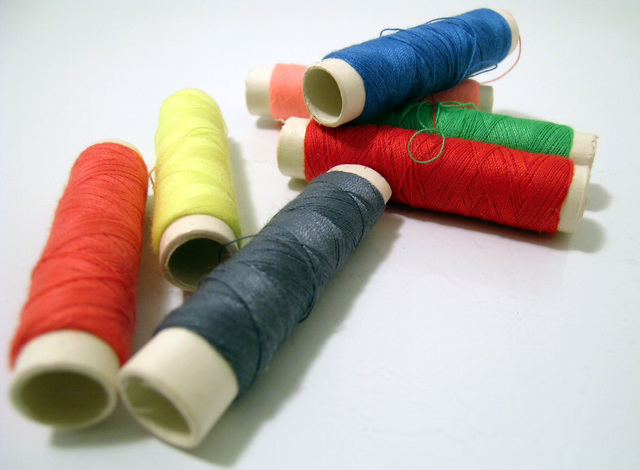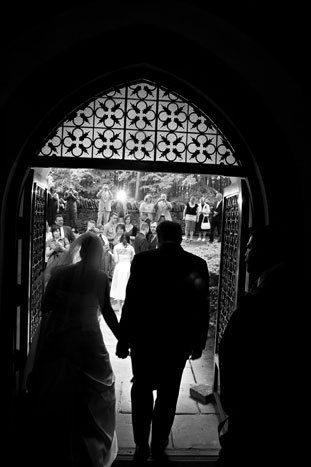 This morning, I read this New York Times article on the importance of financial common ground in marriage. These are basic tips that we all know, but it got me thinking about the underlying theme of basic communication.The article discusses the importance of communication during marriage, but the groundwork for good financial communication begins before the wedding.
This morning, I read this New York Times article on the importance of financial common ground in marriage. These are basic tips that we all know, but it got me thinking about the underlying theme of basic communication.The article discusses the importance of communication during marriage, but the groundwork for good financial communication begins before the wedding.
I am often surprised at how little my friends share financial information with their significant others. I’m not suggesting that you swap credit scores on the first date, but full financial disclosure is an essential part of engagement. It was easy for Tony and me to blend our finances because we started with so little; it’s more complicated for couples who have already acquired independent assets.
Drawing up a prenuptial agreement before marriage can help facilitate these discussions. A common misconception is that prenups are only for couples with huge amounts of wealth, or that their purpose is to protect one spouse’s assets from the other in the event of a divorce. In reality, a prenup outlines what will happen to all assets if you divorce, even normal assets like the equity in a home that you bought before you met your spouse.
The prenup has gotten a really bad rap, but it shouldn’t be viewed as a way to keep your spouse from getting your money if you divorce. If you come into the marriage with individual assets, a legal document that says what belonged to whom before the marriage and how shared assets will be distributed makes things clearer.
All couples need a “prenup.” It doesn’t necessarily have to be a formal legal document that distributes wealth. For young couples who have no assets, it can simply be a verbal agreement about how you plan to manage your finances.
A prenup allows you to lay it all out there before you’re married, take stock of your individual and shared assets and debts, and have some very important discussions about money that many financially independent adults are uncomfortable having with their partners. Through these money discussions, you’ll discover common ground from which you can build your financial goals and philosophies.
Tony and I agree that money will be an open topic in our family, not just with each other but also with our children. There will be no secrecy about our budget or how we manage our money. I want them to understand that money management takes hard work, and even a grown-up salary isn’t a limitless fortune.
We also share a mutual desire for security above possessions. We don’t want to spend our income, no matter how much we have, on a lot of “stuff.” Our frugality began out of necessity, but we plan to continue living frugally even as our income increases. We will always drive inexpensive cars, cut corners where we can, and live below our means. As our income increases, the only difference in our lifestyle will be that we’ll have more money to distribute in our savings accounts for emergencies, retirement, and education for our children.
We agreed that I’ll continue to work full-time until he finishes graduate school, and then he’ll take over the responsibility of earning our income so I can stay home with our children for a few years.
Finally, we agreed that once we got married, our assets and debts became shared. This may not work for everyone; for instance, your prenup may dictate that you’re not responsible for your fiance’s credit card debt. Tony and I decided it would be easier for us to blend everything and work as a team to pay down debt and continue saving together. The important thing to is figure out what you’re comfortable with before you tie the knot.
We moved in together shortly after we got engaged, and we opened a joint bank account. The lines between his and hers were immediately blurred. Communication eased the transition tremendously, and we’ve had no problems with this system.
Drawing up a verbal “prenup” made it much easier for us to budget, manage our money, and plan our future. We frequently remind each other of our goals during moments of financial weakness (i.e. the clearance cookware that nearly blew our budget last month). These shared goals have strengthened our bond.


